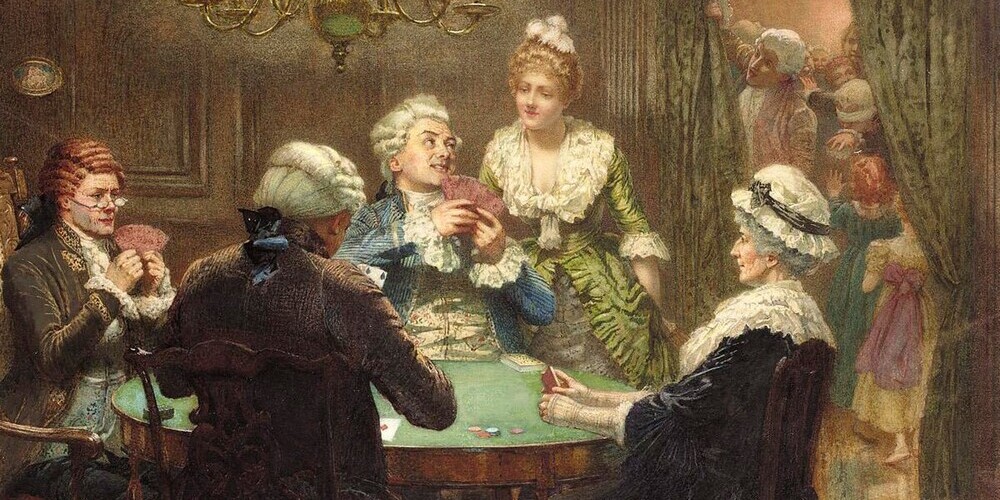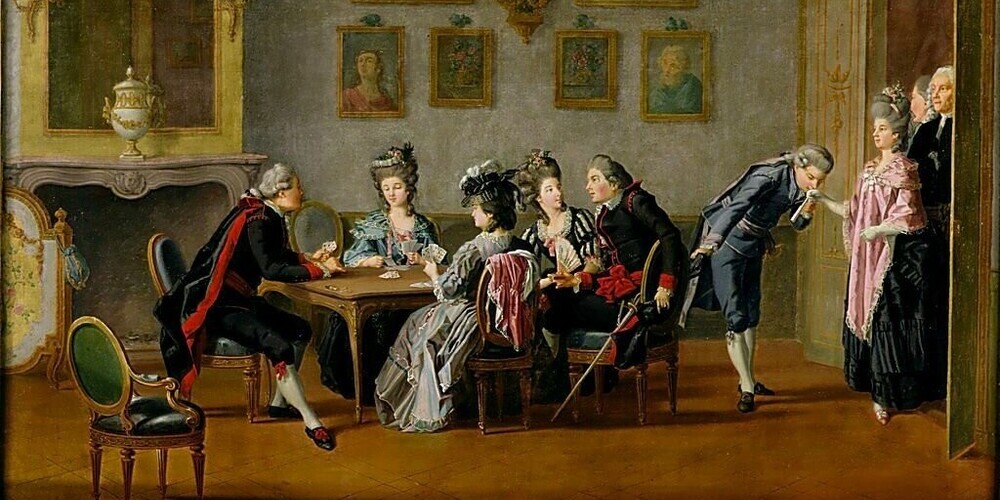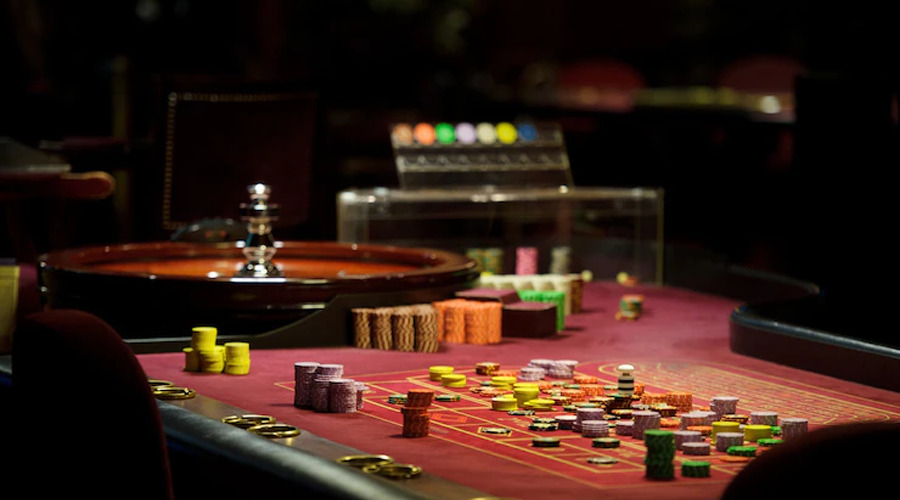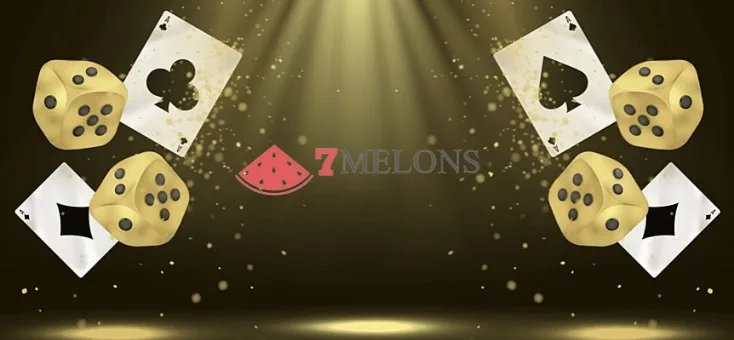The Royal Flush: Historical Figures and Their Affinity for Games

The gaming table, it seems, is a leveler of sorts, where emperors, presidents, and the common populace alike can indulge in the thrill of chance. The history of gambling is intertwined with the pastimes of some of the most prominent figures in world history. This article takes you on a journey through time, offering glimpses into the gaming habits of several renowned rulers and statesmen.
Henry VIII
The infamous English monarch Henry VIII was a notorious gambler and sports enthusiast. His fondness for games of chance was so profound that he even passed laws regulating gambling, primarily to curb the gambling habits of his soldiers. Interestingly, Henry VIII’s passion for dice games often caused him to lose substantial sums of money and valuable items. There’s a legend that he once lost the bells of St. Paul’s Church in a dice game, a testament to the stakes he was willing to wager.
Charles II
Across the English Channel, Charles II, known as the “Merry Monarch,” was an avid fan of horse racing. He contributed significantly to the development of the “Sport of Kings,” encouraging breeding programs and establishing racecourses. In fact, the iconic Newmarket racecourse gained prominence during his reign. It’s worth noting that while Charles II enjoyed a flutter on his horses, his main aim was the thrill of the sport rather than gambling per se.
Louis XIV
Louis XIV of France, known as the “Sun King,” had a deep-rooted passion for games, particularly billiards and card games. He was known to hold card parties at his grand palace in Versailles. The King was such a fervent fan of card games that he licensed the first official manufacturing corporation for playing cards, the “Imprimerie Royale,” to ensure quality and uniformity.
Marie Antoinette
Marie Antoinette, the last Queen of France, was infamous for her extravagant lifestyle, a part of which included high-stakes gambling. Her favorite game was “Pharaoh,” a popular card game of the time. The Queen was known to host lavish gambling parties at Versailles, which became emblematic of her disregard for the dire economic conditions of her subjects.

Franklin Roosevelt
Jumping ahead to the 20th century, American President Franklin D. Roosevelt was known for his love of games, particularly poker. Roosevelt’s poker games were often low-stakes and friendly, but they played a significant role in his political career. He used these games to foster relationships with journalists and politicians, understanding that a relaxed, social atmosphere could often be conducive to political and diplomatic discussions.
Harry Truman
Harry Truman, another American President, was also a poker enthusiast. Truman was known to host poker games aboard the presidential yacht, the USS Williamsburg, inviting a mix of politicians, officers, and friends. Like Roosevelt, Truman saw these games as an opportunity to break down barriers and foster rapport, even displaying his poker chips set in his office as a proud token of his pastime.
Richard Nixon
Lastly, Richard Nixon, the 37th President of the United States, was not only a fan of poker but used his winnings to fund his first political campaign. Nixon learned to play poker while serving in the Navy during World War II. He was reportedly a cautious and strategic player, skills that he later put to use in his political career.
From dice games in the English court to poker games on the presidential yacht, the pastimes of these historic figures reflect the enduring appeal of games of chance. While we should be wary of the darker implications of gambling depicted in some of these stories, there’s no denying the significant role that games have played in history, both as leisurely pastimes and tools of diplomacy. One thing’s for sure, when the stakes are high, rulers and commoners alike relish the thrill of the game.





